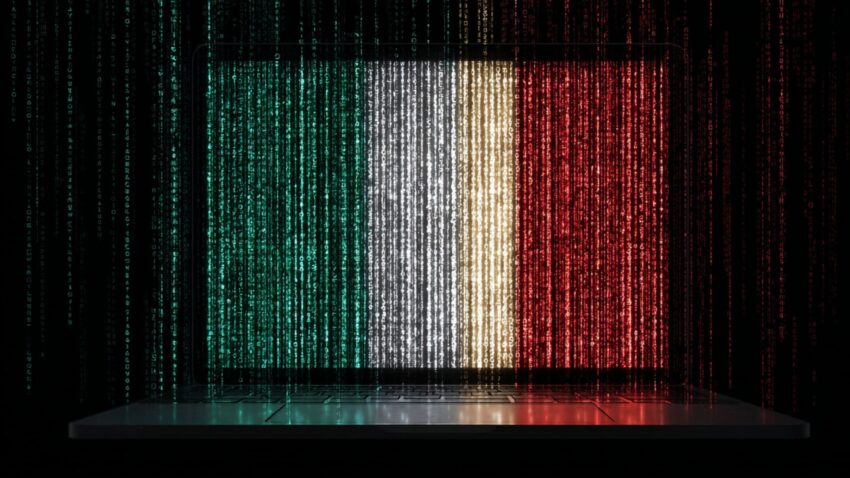If you’re tired of censorship and dystopian threats against civil liberties, subscribe to Reclaim The Net.
Italy has turned its experimental Piracy Shield program into a permanent fixture of online enforcement, arming it with expanded authority that now extends far beyond the sports streams it was originally built to target.
The new rules, approved by the Communications Regulatory Authority (Agcom) and effective from 1 August, allow the platform to cut off access to movies, TV shows, music performances, and other live events. Automated takedowns can now occur in as little as thirty minutes after a report is filed.
What began as a narrowly framed anti-sports-piracy tool is now a multi-sector blockade system shaped by entertainment industry lobbying.
The audiovisual federation Fapav, during a December 2024 meeting, pressed for the inclusion of cinematic premieres and episodic television, warning of heavy financial losses from piracy.
Agcom responded by granting Piracy Shield the ability to target nearly any type of copyrighted media in real time.
Technically, the platform works by disrupting the domain name system’s ability to translate web addresses into IP numbers and by cutting off access to the IP addresses themselves.
That blunt approach has already caused significant disruptions to lawful services. In past incidents, portions of Cloudflare’s network became inaccessible, and Italian users briefly lost access to YouTube and Google Drive.
These cases have strengthened warnings from the critics who showed how Piracy Shield has few safeguards against over-blocking.
The August rule changes also bring new players into the enforcement net. Providers of VPN services, public DNS tools, and search engines can now be held responsible for enabling access to flagged content even if their involvement is indirect. The stated aim is to make it harder for internet users to bypass restrictions by using privacy tools or alternative connection methods.
At the same time, lawmakers from Fratelli d’Italia and Lega are pushing legislation that would triple fines for individuals caught viewing or downloading pirated content, with penalties that could reach €16,000 ($18.5K). This risks turning casual users into criminals overnight.
European regulators are taking notice. In June 2025, the European Commission sent a formal letter to Foreign Minister Antonio Tajani questioning whether the system aligns with the Digital Services Act (DSA).
While Italy says its updated copyright rules, first written in 2013 and recently reshaped through the Omnibus decree, match EU law, Brussels warns that key principles such as transparency, proportionality, and user protection may be violated. The DSA does not give national authorities an unrestricted right to impose blocking orders without a clear legal mandate from the EU.
The Commission’s concern is not limited to legal interpretation. Piracy Shield’s ability to remove material from the internet within minutes raises the possibility of an enforcement system that overrides free expression without adequate due process.
On 21 May 2025, the Computer & Communications Industry Association, representing Apple, Google, and other major technology companies, filed a formal complaint accusing Italy of potentially breaching both the DSA and net neutrality protections.
Suspicion is further fueled by the fact that Piracy Shield was developed by SP Tech, which is controlled by Studio Legale Previti for Italy’s Serie A football league.
Since the league profits directly from the rights the system is designed to protect, there are concerns about a built-in conflict of interest that could undermine the impartiality of enforcement.
If you’re tired of censorship and dystopian threats against civil liberties, subscribe to Reclaim The Net.
The post The Digital Wall Rising Over Italy’s Internet appeared first on Reclaim The Net.
Click this link for the original source of this article.
Author: Cindy Harper
This content is courtesy of, and owned and copyrighted by, https://reclaimthenet.org and its author. This content is made available by use of the public RSS feed offered by the host site and is used for educational purposes only. If you are the author or represent the host site and would like this content removed now and in the future, please contact USSANews.com using the email address in the Contact page found in the website menu.





